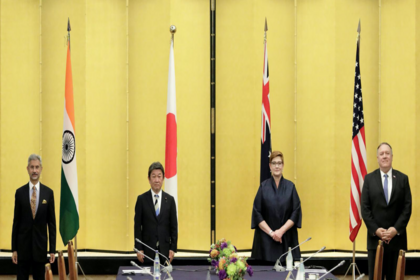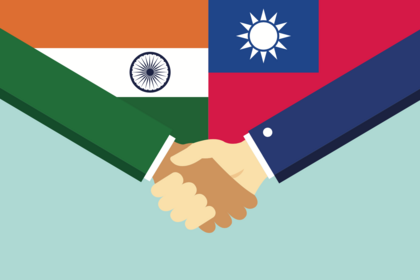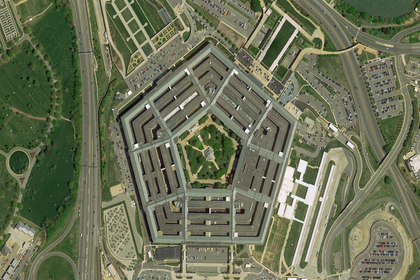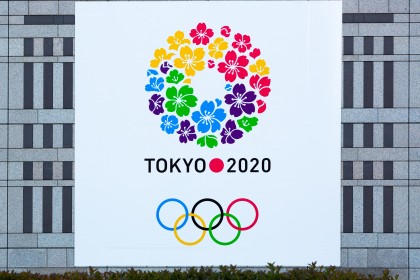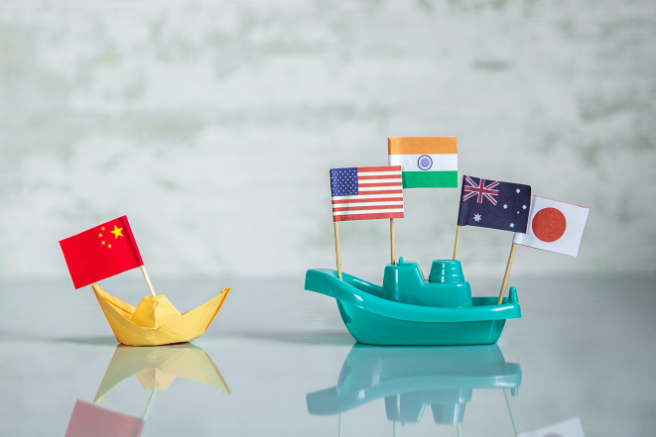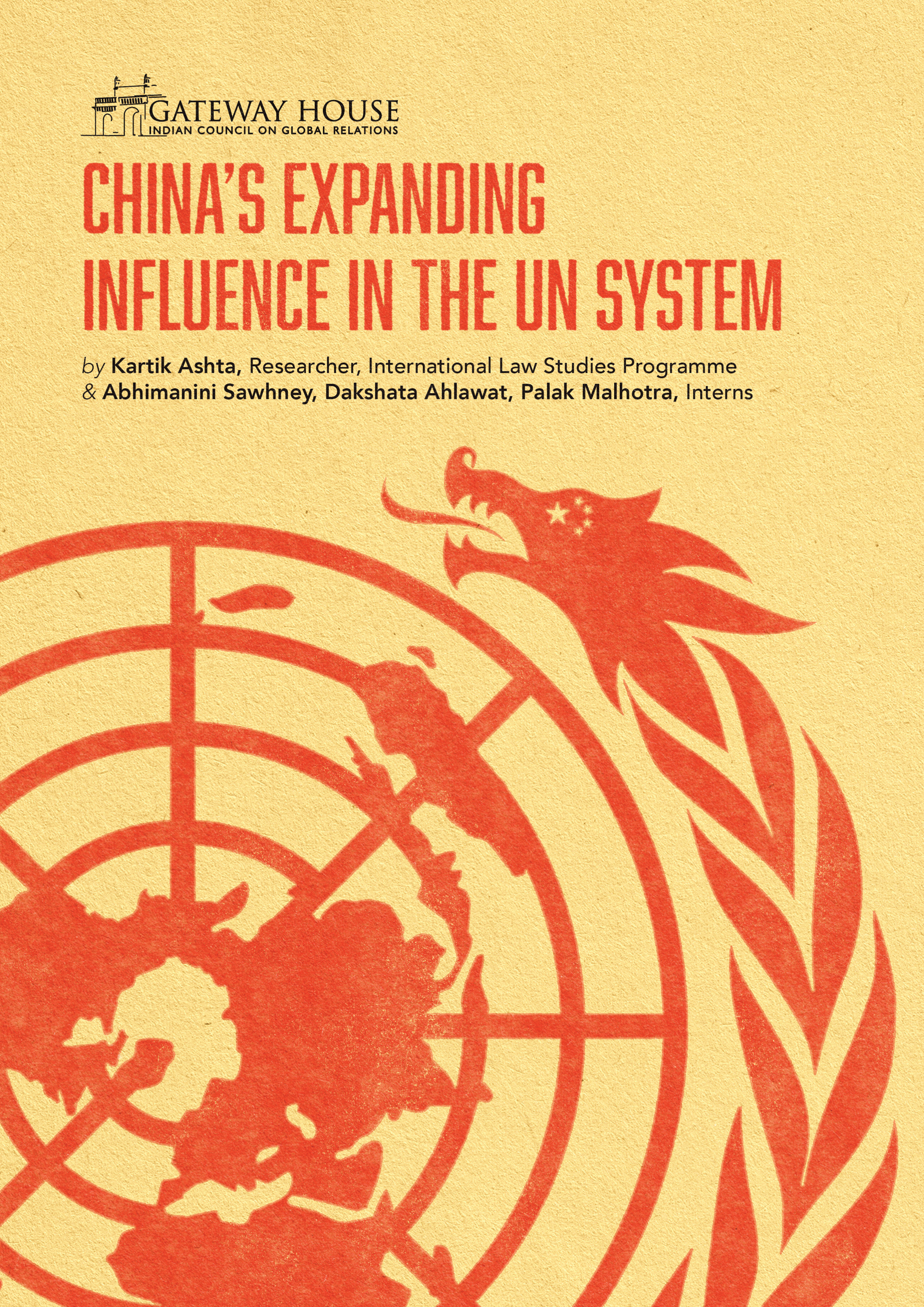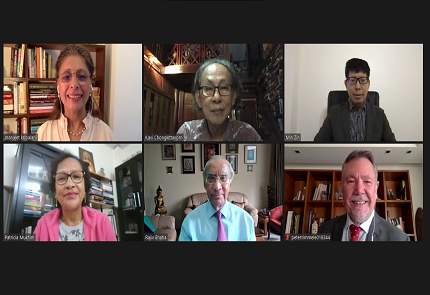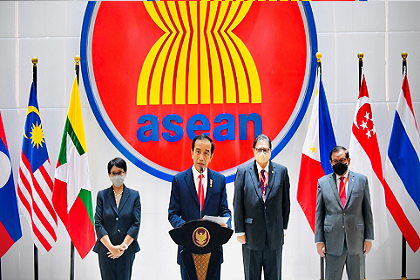The Quad’s strategy for China
On 23 June 2021, Gateway House hosted the Interim Meeting of the Quad Economy and Technology Task Force. Lisa Curtis and Surjit Bhalla, co-chairs of the task force, explain how the Quad can scale up economic and technological collaboration and pool resources to counter Beijing’s plans to dominate supply chains and global tech.

